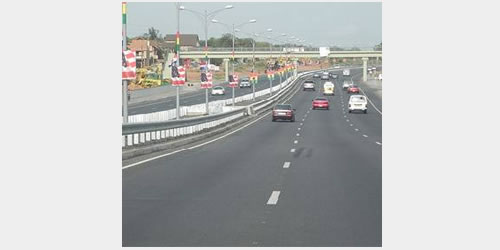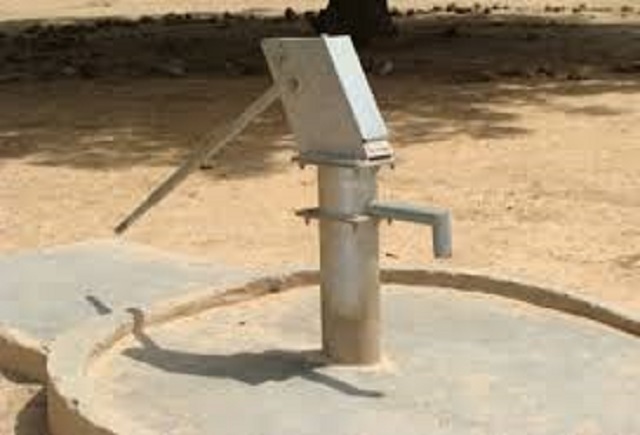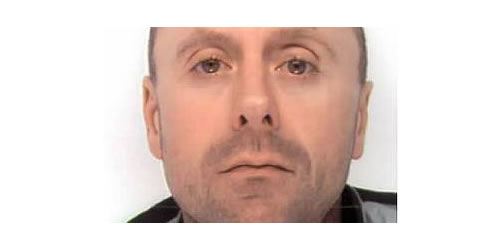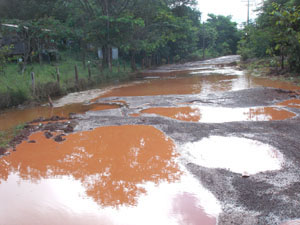BECE: 468,053 candidates sit Monday
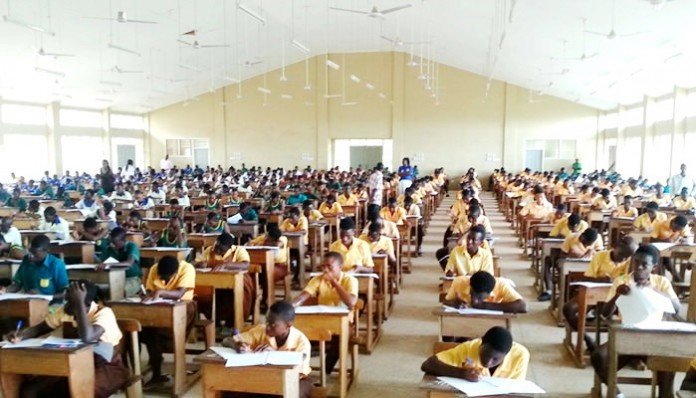
A total of 468,053 candidates will commence the writing of the Basic Education Certificate Examination (BECE) on Monday.
The number comprises 241,148 males and 226,905 females.
Data from the Basic Education Division of the Ghana Education Service (GES) indicates that the candidates are from 15,185 participating public and private Junior High Schools (JHSs).
The data was made available to the Ministry of Education by the West African Examinations Council (WAEC).
1,702 examination centres
The BECE will take place in 1,702 examination centres nationwide from today Monday, June 5 to Friday, June 9, 2017.
The 468,053 candidates writing this year’s BECE represent an increase of 7,040 candidates over last year’s number of 461,013 candidates.
57 blind candidates to write BECE
According to the data 57 blind students will write this year’s BECE.
199,059 candidates to write French
A total of 199,059 candidates will write French, a subject that President Nana Akufo-Addo believes should be made compulsory as Ghana is surrounded by French speaking countries.
453,654 candidates to ICT
The data revealed that 453,654 candidates would be tested in Information Communication Technology (ICT), an area that is the driving force behind radical changes in the world today.
Other subjects the candidates would be tested include English and Ghanaian Languages, Social Studies, Integrated Science, Mathematics, Basic Design and Technology as well as Religious and Moral Studies.
WAEC statistics (Regional breakdown)
Ashanti Region – 93,570 candidates
According to statistics, the Ashanti Region will again present the highest number of 93,570 candidates, made up of 47,702 males and 45,868 females.
Greater Accra Region – 85,041 candidates
The Greater Accra Region followed with 85,041 candidates – 41,022 males and 44,019 females.
Central Region – 50,106 candidates
The Central Region which has some of the popular senior high schools in the country is presenting the third highest number of 50,106 candidates, made up of 25,934 males and 24,172 females.
Western Region – 47,467
The Western Region would present 47,467 candidates comprising 24,779 males and 22,688 females.
Eastern Region – 44,319
The Eastern Region has 44,319 candidates constituting 23,311 males and 21,008 females.
Brong Ahafo Region – 43,744
The Brong Ahafo Region is presenting 43,744 made up of 23,311 males and 20,433 females.
Northern Region – 38,975
The Northern Region has 38,975 candidates including 21,506 males and 17,469 females.
Volta Region – 32,907
The Volta Region presents 32,907 and this is made up of 17,567 males and 15,340 females.
Upper East – 19,873
The Upper East Region is presenting 19,873 with 9,820 as males and 10,053 females.
Upper West Regions – 12,051
The Upper West Region is presenting 12,051 made up of 6,196 males and 5,855 females.
The 2017 BECE candidates are going to be tested in the subjects enumerated above to enable them to show their knowledge or ability and or to see how much they know about the subject or what they can do.
The examination is both for certification and selection to senior high school (SHS) and to be eligible to sit the examination, candidates must be in the third year of JHS approved by the GES.
Candidates are also graded based on performance in the external examination, (objectives and written) as well as continuous (internal) assessment marks provided by schools.
A nine-point scale is used in grading the candidates with Grade 1 denoting the highest performance and Grade 9 the lowest.
The results of the examination are released in August to enable successful and qualified candidates enter SHSs, SHTS and Technical Institutes at the beginning of the academic year in September.
The results lists are sent to the participating schools, whilst each candidate receives a statement of results through his or her school.
The national examinations conducted by the West African Examinations Council (WAEC), is restricted to the specific member countries for which they are developed, and they reflect the local policies, needs and aspirations of the countries.
Source: Adomonline.com


